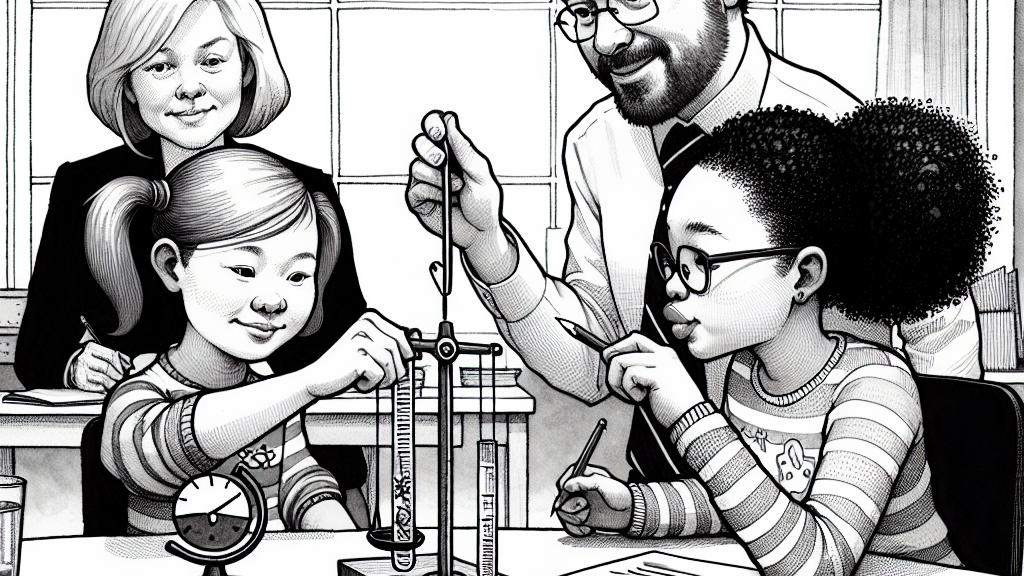Evaluating Student Behavior Grading in Norway: Potential Applications Elsewhere
Overview
- In Norway, students receive grades for behavior, fostering accountability and social skills.
- Behavioral evaluations enhance job prospects, linking conduct to future success.
- Australia's struggle with student behavior management could benefit significantly from Norway's model.

Understanding Norway's Approach
Norway's educational philosophy extends beyond traditional academics, integrating behavior grading into the assessment process. For decades, students have been evaluated not just on math or science, but on crucial life skills like punctuality, respect for others, and the ability to cooperate. This holistic approach has roots in Norwegian culture, where personal conduct is highly valued. For instance, if a student fails to arrive on time consistently or disrupts class, their behavior grade reflects this, encouraging self-improvement. Imagine a parent discussing their child's progress during a school meeting—not just focusing on grades in subjects but also on behavior reports that highlight cooperation and respect. Such transparency engages families in fostering better behavior, creating a supportive environment that extends from school to home.
Impacts of Behavior Grading
The repercussions of Norway’s behavior grading system are impactful and undeniably significant. When students apply for jobs, employers often ask about their behavior grades, which serve as a telling reflection of their reliability and social skills. For example, a student with a strong behavior grade—indicative of teamwork and respect—might find themselves at an advantage in the competitive job market. Although some critics voice concerns that these grades may reflect teacher favoritism, many educators note that the grading encourages students to reflect on their actions and model good behavior. Therefore, it becomes a two-way street; while students strive to improve their grades, they inadvertently enhance their interactions with peers, building a foundation for lifelong social skills.
Considerations for Australia
Australia's education system faces notable challenges in managing student behavior, with many teachers reporting frequent disruptions that detract from learning. However, what if Australia adopted a grading system similar to Norway’s? For example, incorporating clear criteria for behavior—such as teamwork, inclusion, and respect—could revolutionize how students engage in the classroom. Picture a classroom where students are more mindful of their conduct, not just for a grade, but for the positive outcomes it yields in teamwork and respect. This structure could empower students and lead to a more cohesive and supportive atmosphere, ultimately making the school a safer place. By valuing behavior alongside academic performance, schools can cultivate thoughtful, responsible citizens who are well-prepared for their future endeavors.

Loading...